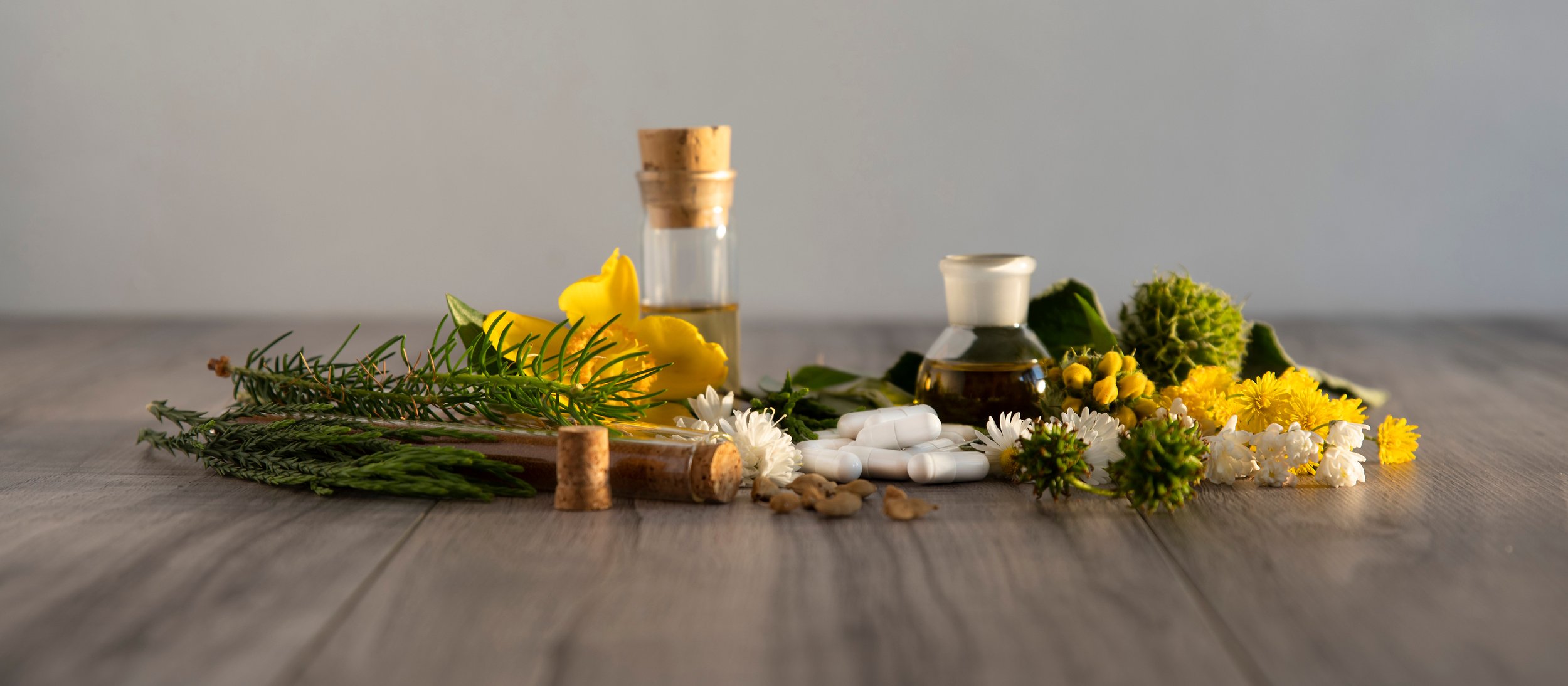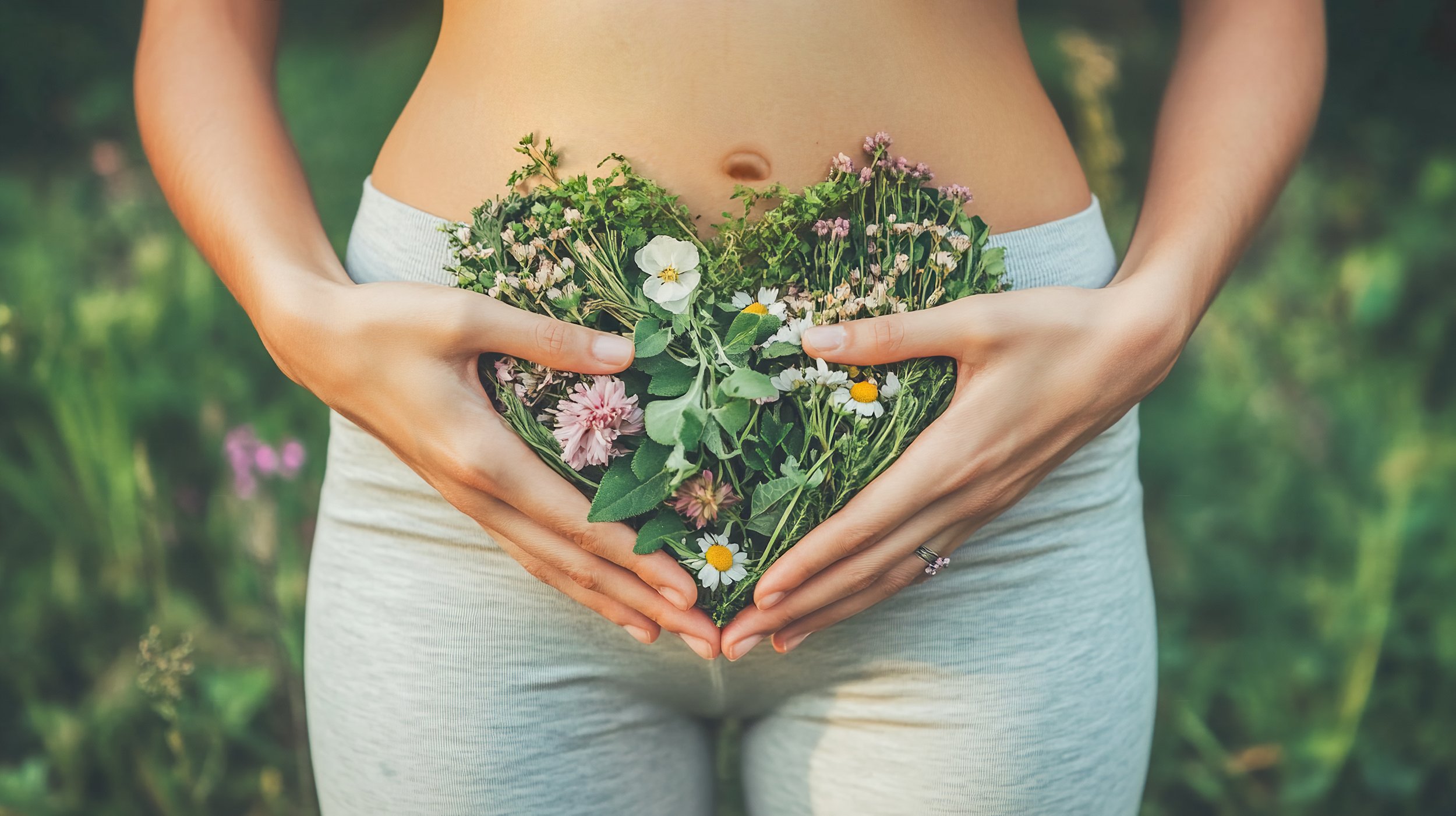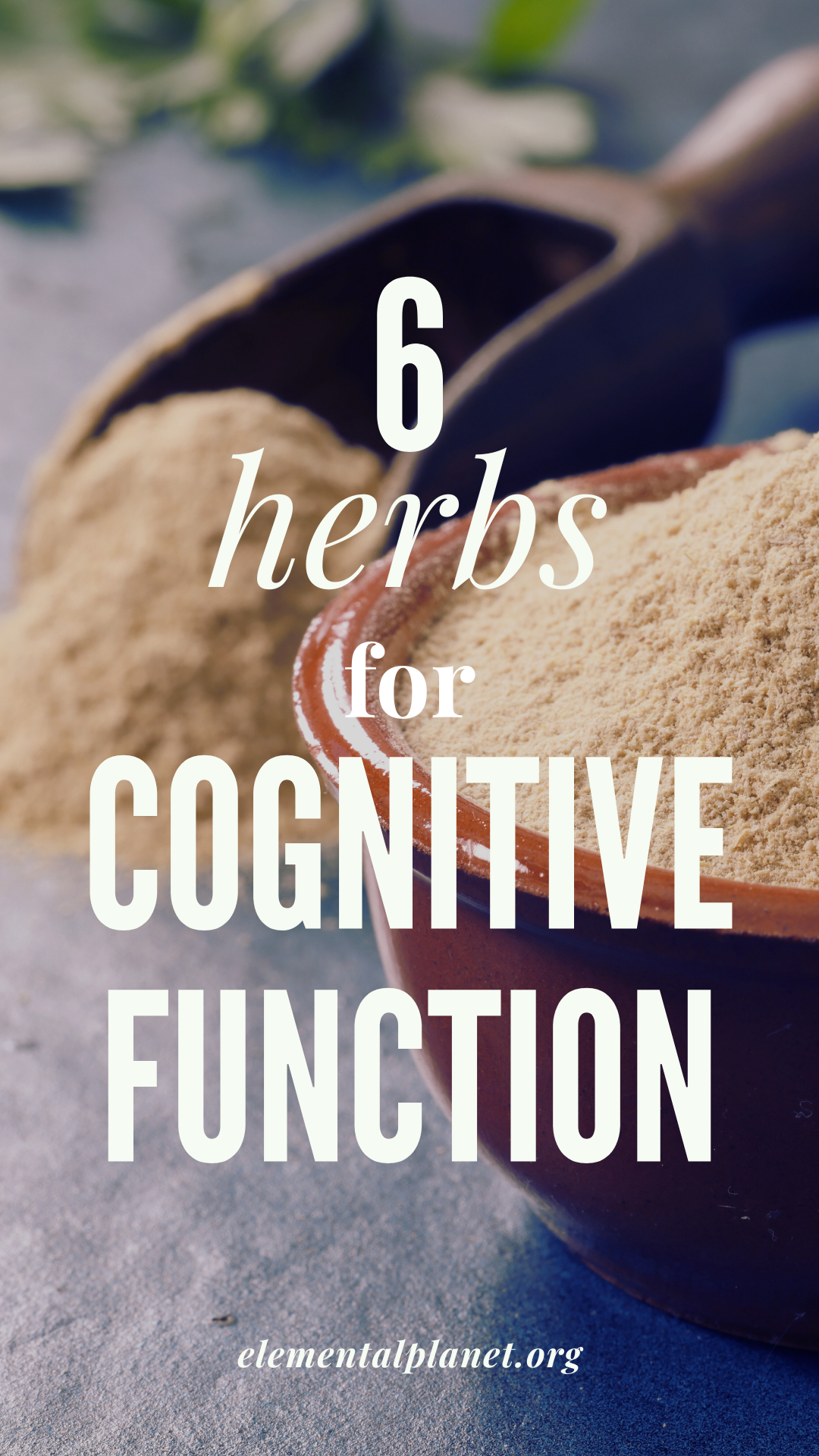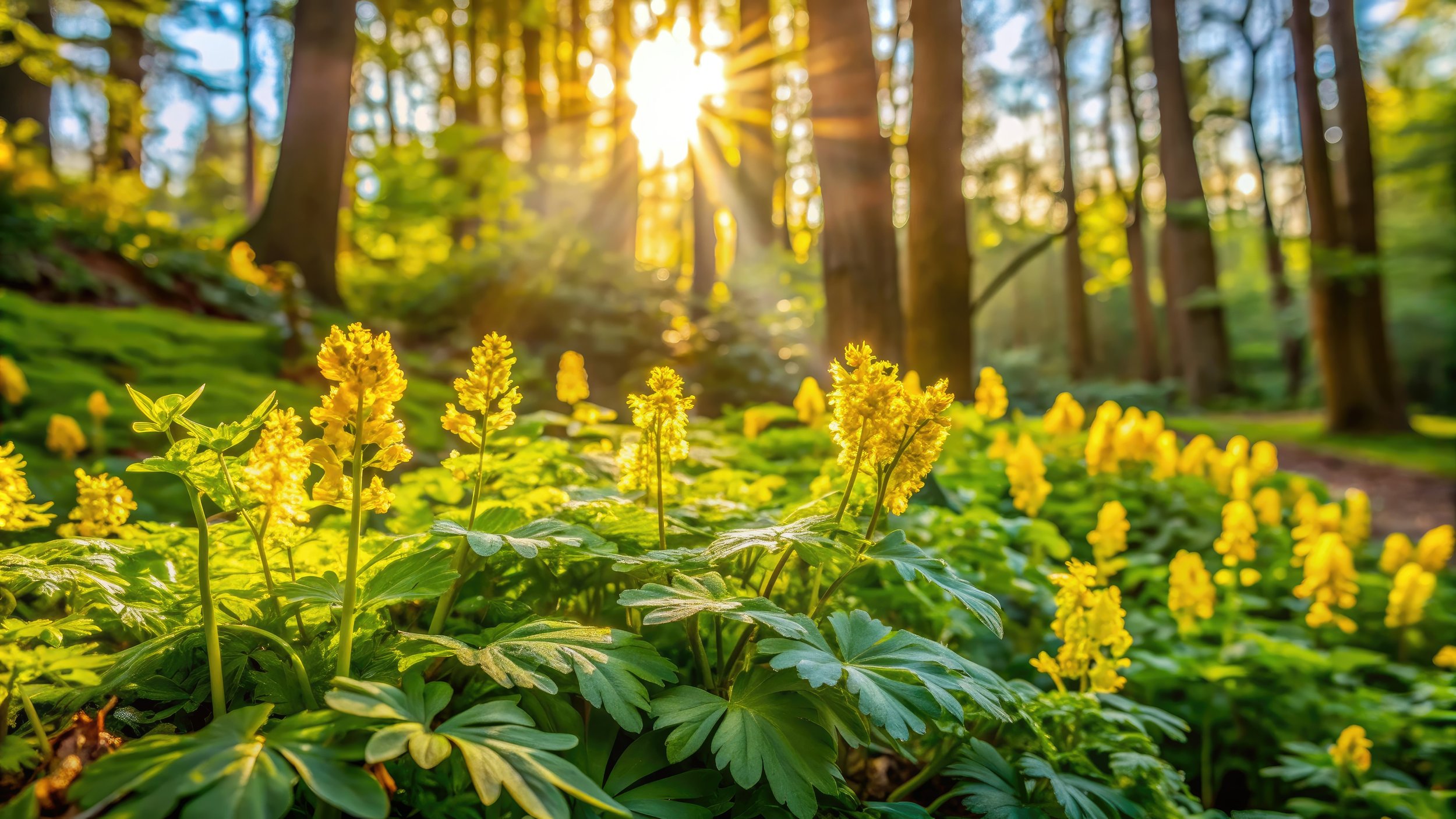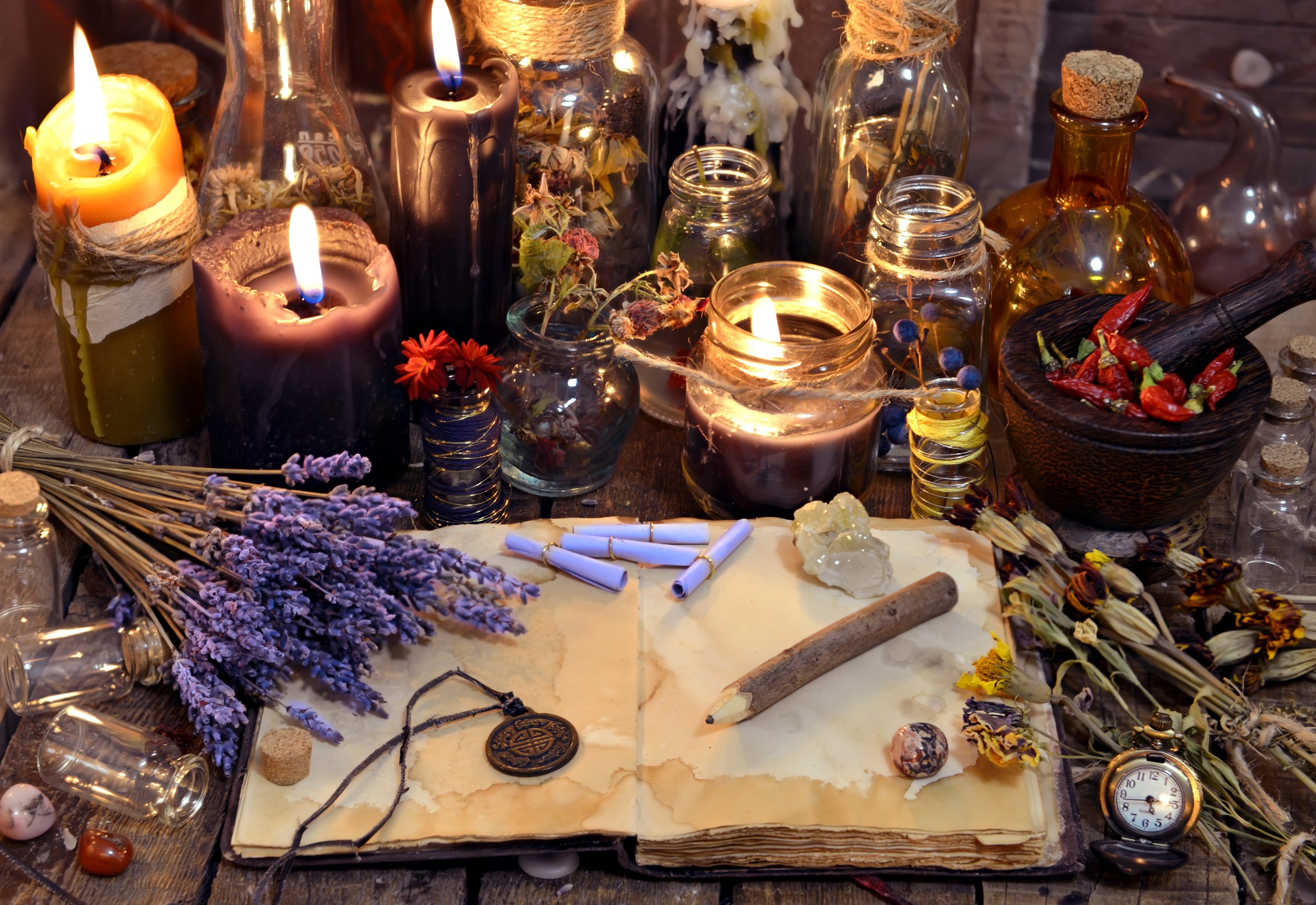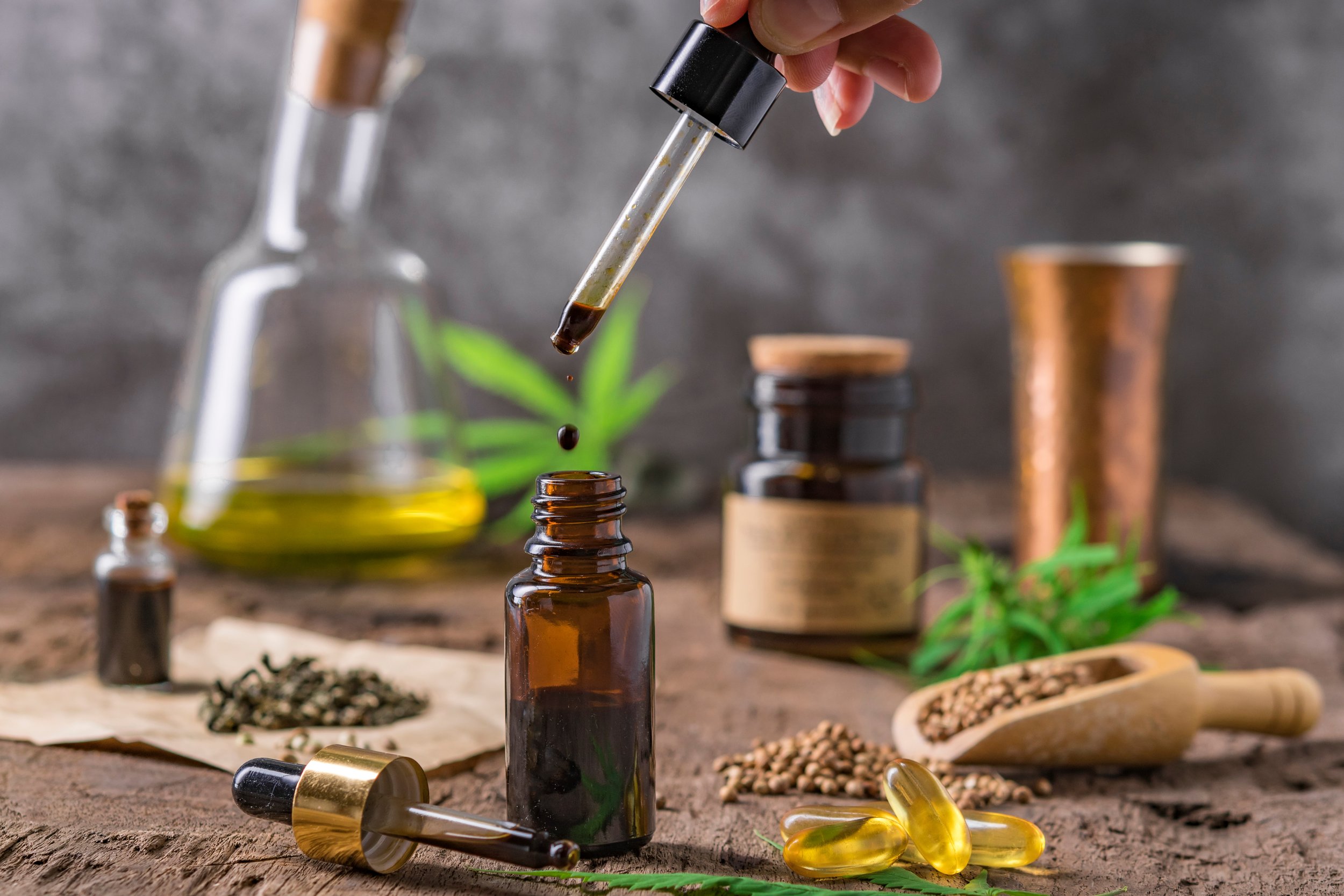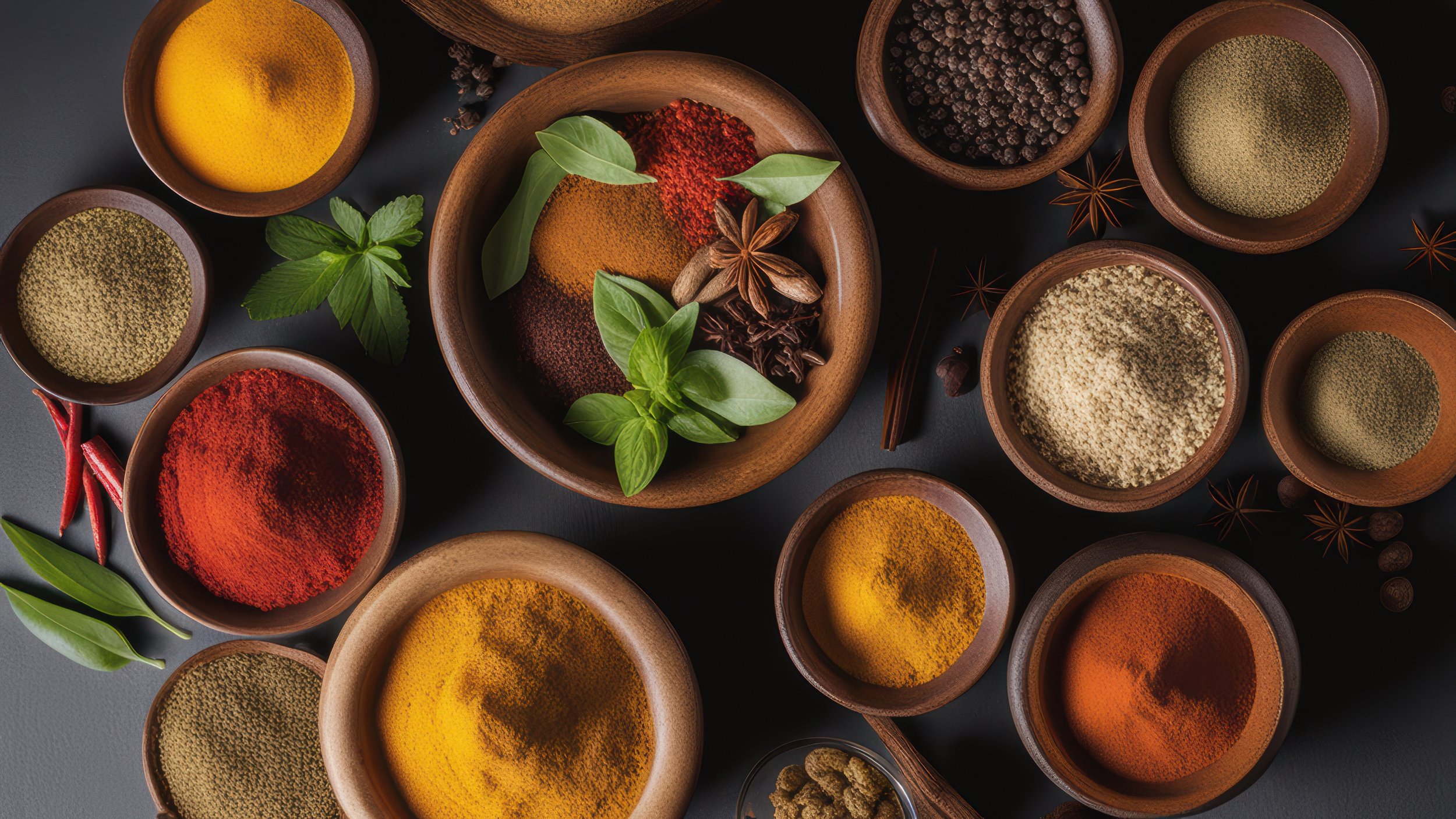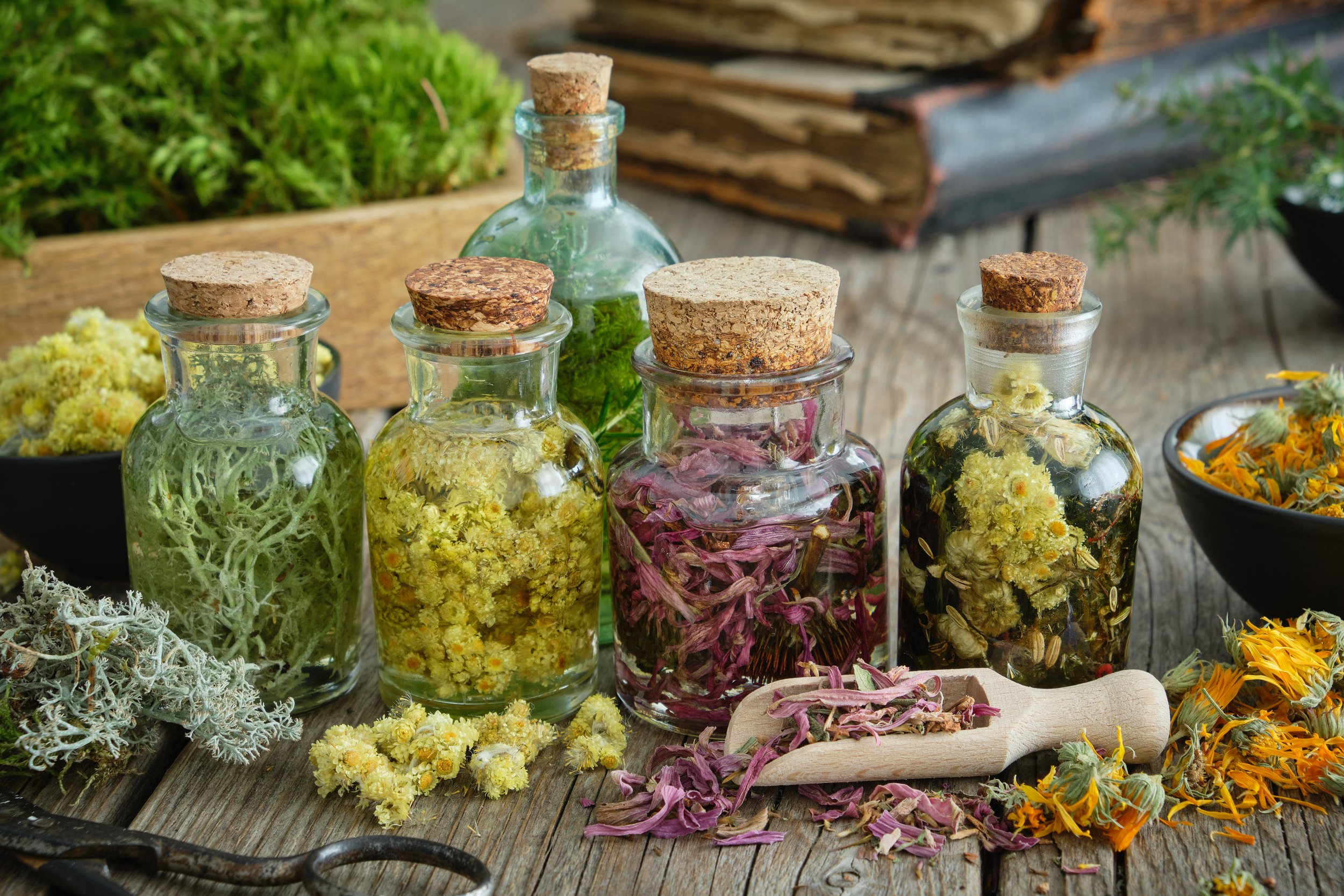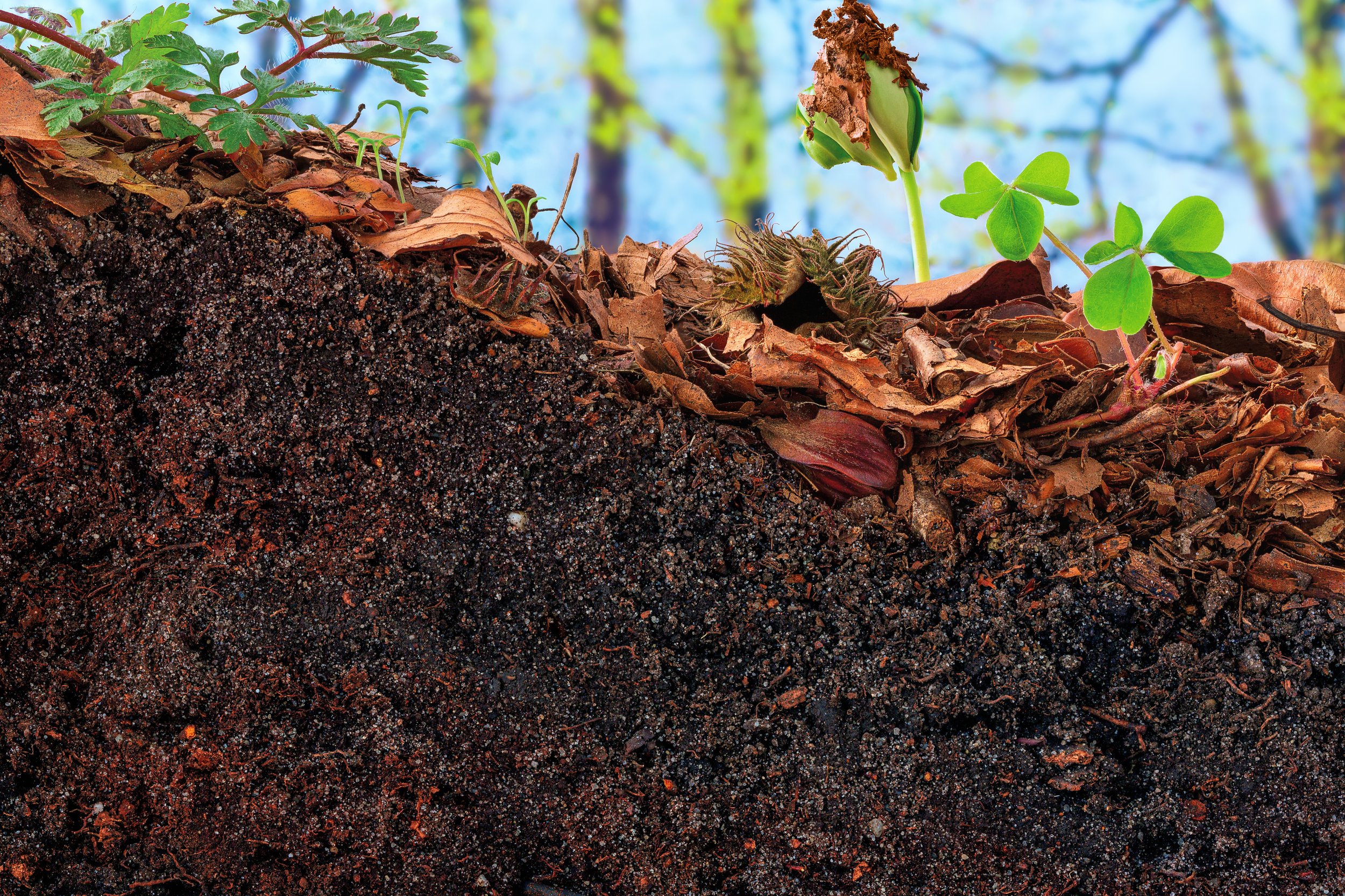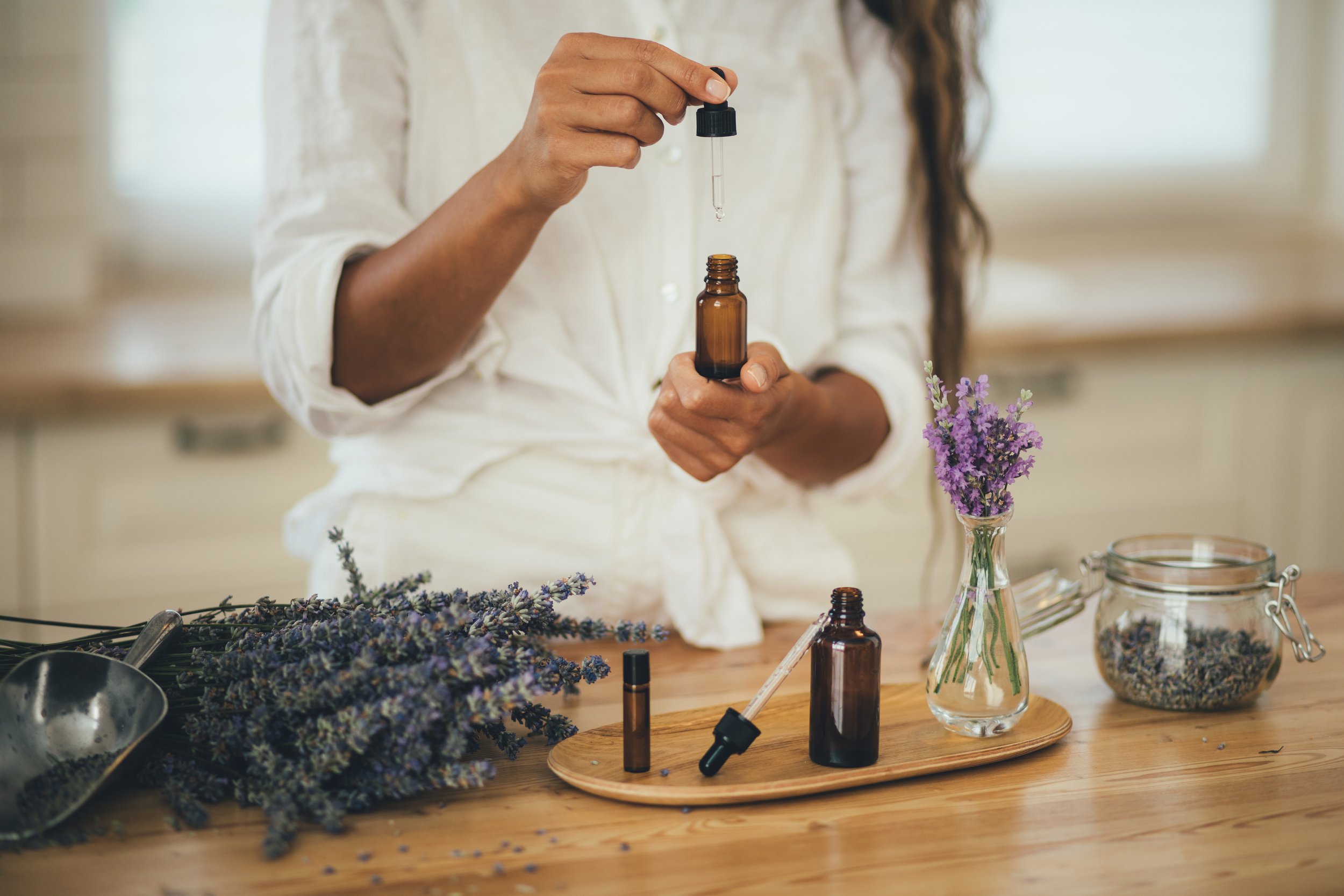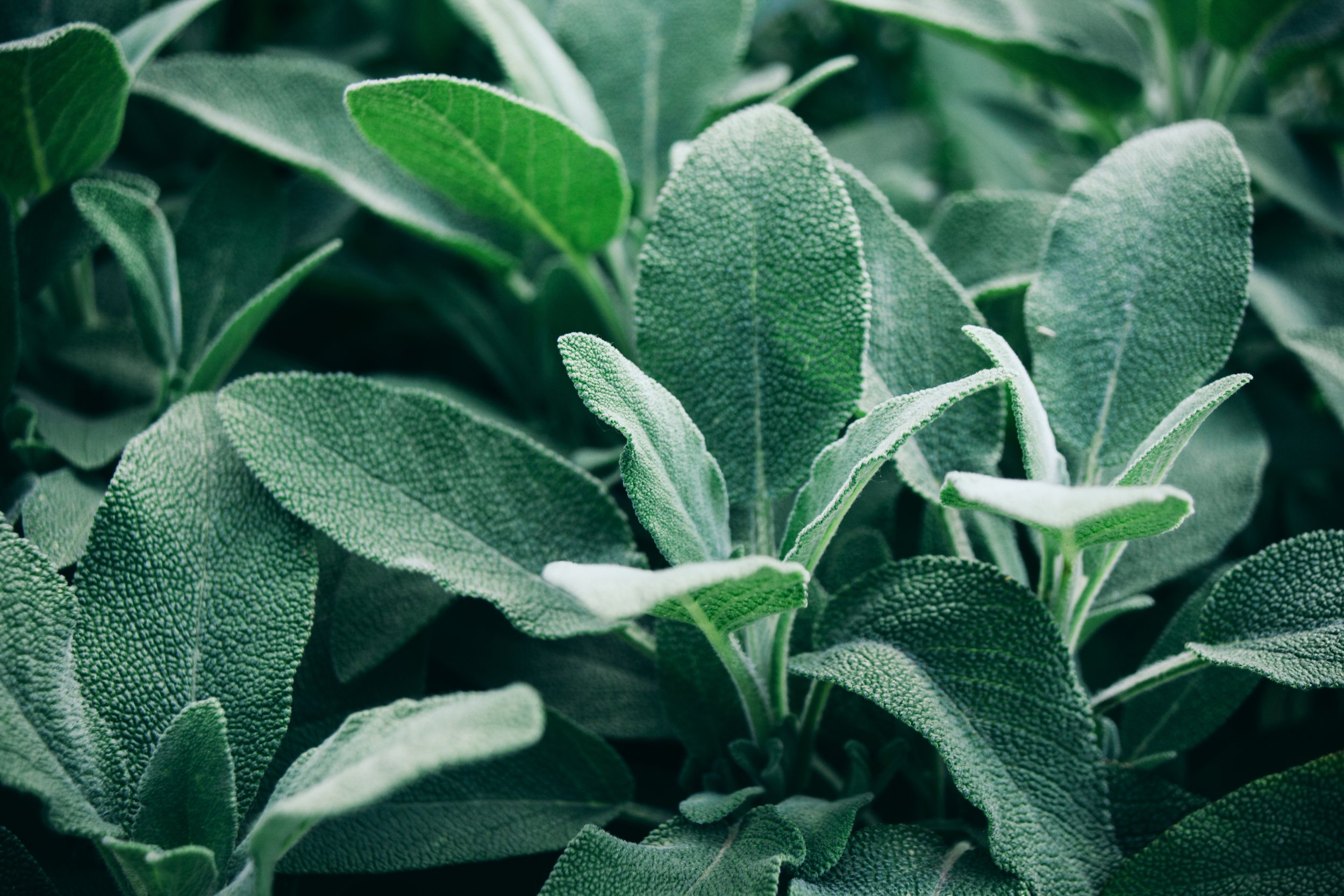Types of Herbal Preparations
In my last post, I discussed how to determine the herbal concentration of your extracts. That got me thinking about the myriad ways we can use plants. Today, I want to delve into the topic of extraction and explore the various methods for creating herbal preparations. Don’t be daunted by the term "extraction" – we’ll focus on tangible, everyday methods you can easily incorporate into your routine. Things we find ourselves doing on a daily basis…
Why Create Herbal Extracts?
Herbalism offers numerous extraction techniques aimed at harnessing the medicinal properties of plants. The goal is simple: extract the beneficial compounds from each plant and use them for health and wellness. These gifts from plants, this medicine, is powerful stuff! Each herb has unique chemical constituents, providing a wide range of effects. By altering the extraction method, you can tailor the attributes of the final product to suit your needs.
Examples of Home Remedies
Take calendula, for instance. To highlight its soothing and emollient properties, you might create an oil infusion. This method complements calendula's natural benefits for the skin. Alternatively, to use calendula for digestive issues like stomach ulcers, GERD, or IBD, a tincture or tea would be more appropriate, delivering the herb directly to the digestive tract.
Another versatile herb is comfrey with its vastly different oil and water soluble components. Its ability to promote wound healing and relieve pain is well-known. However, comfrey contains water-soluble alkaloids that can be toxic, so avoid drinking comfrey tea. An oil infusion, on the other hand, can be safely used topically.
Different Types of Extraction Methods
Changing the extraction method – from oil to water – allows different sets of compounds to be extracted. The choice of solvent (also known as the menstruum) is crucial in herbalism. By selecting the right menstruum, you can create herbal remedies tailored to your specific needs.
Tinctures
Herbal tinctures are popular preparations created by macerating plants in alcohol or apple cider vinegar. This process involves soaking plant material in the menstruum for an extended period. The duration varies depending on the solvent used, ranging from a few days to several months. These nuances are learned over time as you develop relationships with different plants. Everyone responds differently, so take the time to discover how your body best receives herbal medicine.
Teas and Other Water Extracts
A great starting point for using plants is making tea. These are technically known as decoctions and water infusions. Check out my formulation page for more details on the differences between them. Water, whether hot or cold, is an excellent solvent and gentle on the body, making it perfect for children. My favorite is a sun tea brewed on a summer's day – absolutely delightful!
Oil Infusions
Speaking of the sun, what’s better than a little natural skincare to restore yourself after a sunny day? Natural skincare is a wonderful way to use plants topically. Try making an herbal oil infusion and adding it to your favorite DIY skincare recipe. Herbal oils are great for skin, hair, and even pain relief.
Conclusion
Herbal preparations offer a natural and holistic approach to health and wellness, utilizing the powerful properties of plants. By understanding and employing different extraction methods, you can tailor herbal remedies to meet your specific needs. Tinctures provide a concentrated and potent way to harness the benefits of herbs, while teas and water infusions offer a gentle and accessible option, perfect for everyday use and suitable for all ages. Oil infusions, on the other hand, allow for the topical application of herbs, providing nourishment and healing directly to the skin.
Incorporating herbal preparations into your daily routine can lead to significant improvements in your overall well-being. Whether you are seeking to manage stress, enhance your skincare regimen, or support your digestive health, there is a herbal solution for you. As you continue to explore the world of herbalism, remember that the key to success lies in building a personal relationship with the plants you use. Take the time to learn about their unique properties, experiment with different methods, and listen to how your body responds.
The journey of herbalism is one of continuous learning and discovery. By embracing the natural gifts that plants offer, you can empower yourself to take control of your health in a gentle, effective, and sustainable way. Thank you for joining me on this exploration of herbal preparations. I hope you feel inspired to incorporate these natural remedies into your life and experience the transformative power of plants.

